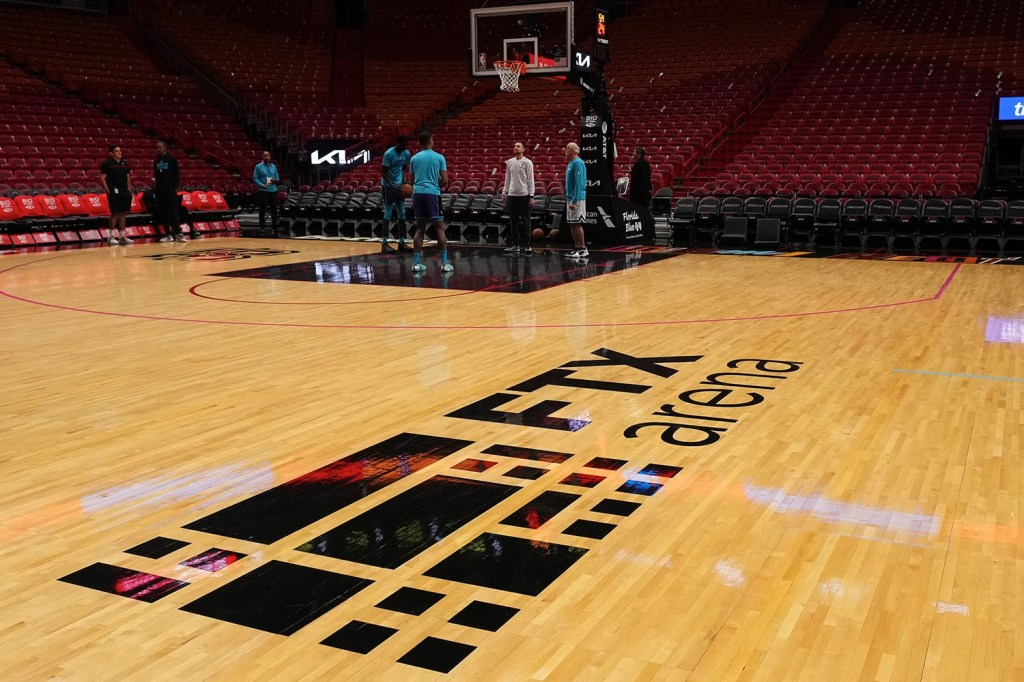It’s been a wild week for crypto. Millions were lost in market cap, and Bitcoin prices crashed below $16,000 for the first time in two years due to the collapse of centralized crypto exchange FTX.
Saying the whole thing is ‘a mess’ would be an understatement. The dramatic downfall has shaken people from the world of business, finance, the media, and even the sports industry — and with good reason.
Despite being a 3-year-old company, FTX raised a lot of capital and grew quickly to a massive valuation of $32 billion earlier this year. On some of its best days, the company was making eight-figure revenues per day. And due to the line of business and type of customer they serve — namely, retail investors — FTX leveraged the potential of the sports industry to expand its user base.
Companies started backing out of these deals after realizing that they’ll never see most of what FTX owes them. But FTX hasn’t been the only crypto company involved with sports.
According to Nielsen, crypto deals across sports grew over 100% from 2020 to 2021 and were set to reach $5 billion by 2026.
Last season, cryptocurrency brands spent over $130 million on NBA sponsorships, up from just under $2 million the year before (now 92% of NBA sponsorship spending).
FTX’s collapse is now framed as a Ponzi scheme and is associated with various financial scandals like Enron, Bernie Madoff, and other frauds and scams — all devastating and reputation-ruining events. What’s the FTX blowback for sports properties?
As billionaire investor Warren Buffet once said, “Only when the tide goes out do you discover who’s been swimming naked.”
Besides revealing sports’ exposure, vulnerability, and relationship with crypto, FTX’s meltdown, in some ways, tarnishes the reputation of the sports industry and questions its accountability and integrity.
Want to learn more? Check out the FTX report here.
ICYMI: Last week, we published a Report about the rise of the athlete investor in 2022. You can access that and all our previous reports on Pro HQ.

